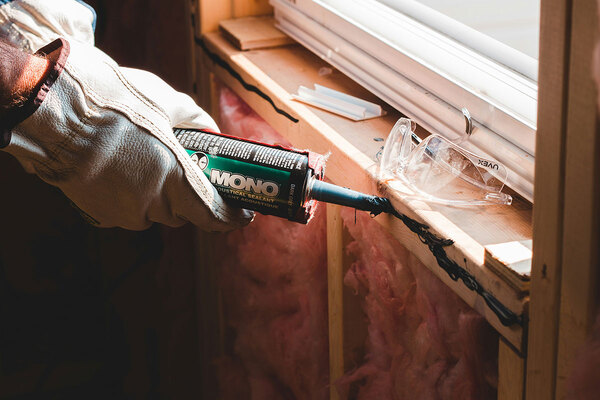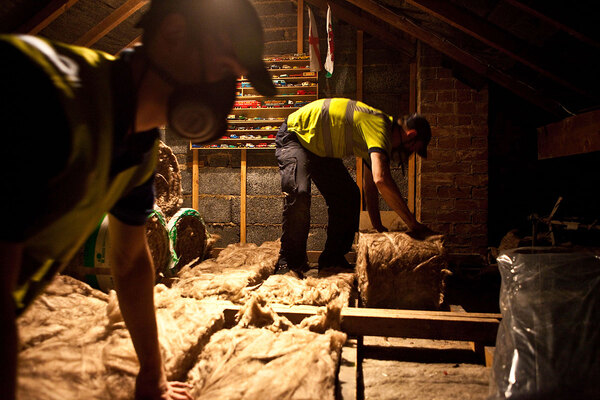NHF urges sector to make sure resident data is collected respectfully
The National Housing Federation (NHF) has called on landlords to build trust and be respectful when collecting data through routine interactions with residents.

In its Making every contact count report, which was produced with Campbell Tickell, the NHF outlined how landlords can get the most out of every engagement with their tenants.
It included several case studies demonstrating best practice across the sector.
Housing associations should make sure that staff asking residents for personal information are “trained to do so confidently, effectively and respectfully”.
Alistair Smyth, director of research and policy at the NHF, said: “This report outlines how important it is for landlords to build a trusting relationship with their residents, and the importance of knowing our homes and knowing our residents.”
Vic Andrews, chair of the NHF’s tenant advisory panel, which was consulted for the report, said it was vital to make sure residents understood why their data was being gathered.
He explained: “The need to collect the data is important, but clearly explaining the reasons behind the need and then demonstrating the positive outcomes is even more important.
“We felt heard and trusted the process that was being followed. These are the feelings that all tenants require in order to gain the extra benefits from this initiative.”
The work comes as part of the organisation’s efforts to help housing associations enact recommendations from the Better Social Housing Review (BSHR), which was commissioned by the NHF and the Chartered Institute of Housing (CIH) in 2022.
Following the review, the NHF and CIH launched a programme called ‘Knowing our Homes’ to identify best practice in data collection.
The BSHR also called on landlords to look at how equitably services are delivered to different groups of residents to make sure racial inequalities are not perpetuated.
In the new report, the NHF said staff could take cultural-awareness training to make sure they are able to “effectively and compassionately communicate with residents with different backgrounds from themselves”.
Tracey Gore, director at Steve Biko Housing Association and chair of the BSHR steering group on race and inequality, said: “For me, the emphasis on ensuring equity of delivery of service is vitally important and should not be lost as we all drive forward in our work to improve the quality of homes and services for residents.”
Contractors should “be included and must proactively take responsibility for identifying and flagging any major concerns when they visit residents’ homes”, the report said.
The report also suggested that landlords should proactively identify which residents they have not been in contact with to “find the silence”, noting that this would likely increase demand on resources.
“However, additional resource committed to this will deliver good value,” it said.
Elly Hoult, chief operating officer and deputy chief executive of Peabody and chair of the Knowing our Homes advisory group, said good-quality data is a “key tool for social landlords”.
“Given the wide range of competing demands on our resources, it’s important that we find the most efficient and effective ways of gathering and updating the information we need.”
Last month, the NHF announced plans to launch a new stock condition survey standard for social housing in 2025, another product of the BSHR recommendations.
Sign up for our daily newsletter
Already have an account? Click here to manage your newsletters











